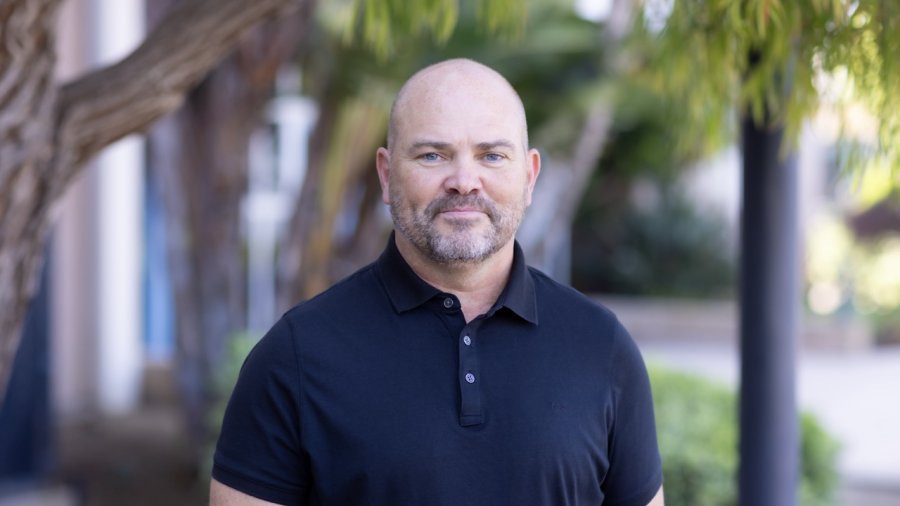
As part of the new Stepped Care Model, the Counseling Center offers five groups for students to seek support in a variety of areas including men’s mental health, grief, anxiety and racial diversity. One of these groups, “Men’s Group,” works to create a space where male students can find a community of belonging.
The Point conducted an email interview with Bucky Bateman, a licensed therapist and leader of the Men’s Group, to learn about how it can be impactful for men to share their experiences.
TP: What are the kinds of issues that are addressed in the Men’s Group?
BB: The men’s group addresses mental health issues like anxiety, depression, relationships and developing a healthy sense of self. In partnering with the residential life team, the feeling was that these four topics are a great jumping off point to address some of the concerns male students are navigating.
TP: How have you seen change in the lives of the students that attend? In what ways do you think it has helped them?
BB: The intent of the men’s group is several fold: to provide a safe place to address topics that impact the lives of men, to connect men with each other and to be educational around topics that may be difficult to discuss. We’ve received some great feedback that having a safe space to speak about their lives has been helpful.
TP: What was the inspiration for forming this kind of group on campus?
BB: The inspiration for this group is simply knowing that men are often an underserved population when it comes to mental health concerns. Many mental health issues emerge during college years or increased stressors academically and socially make these some challenging years. In my own experience, it was developing a strong group of male friends in my life that helped me through challenging times in college and life beyond.
TP: Do you think there is a need for a space on campus that cultivates a safe space for men’s mental health?
BB: Yes, partnering with the residential life team to offer this in the residence halls has been amazing. The RDs and RAs of Wiley [Hall] in particular have gone above and beyond providing their time, space and support for this group. It’s been a fun partnership to offer this where it is easily accessible to the male students and we look forward to offering this in other halls across campus.
TP: Why do you think men’s mental health is often not talked about/addressed in everyday society? Are there certain stereotypes or stigmas that make it particularly hard for men to speak up?
BB: Although things have changed over time, there are still hurdles that exist for men around mental health. To have discussions around mental health means we are forced to be open, authentic and pretty vulnerable which can still be challenging for men. Stigmas of perceived weakness and the sense that something is wrong with me if I struggle are pervasive in all of us.
TP: How can groups like this remove barriers and obstacles for men to seek support and share their experiences in a world that often shuns male vulnerability?
BB: Often, simply having a conversation and feeling that you are normal in some of the struggles you are having make it easier to reach out for help when things get rough.
TP: In your own life, how have you personally experienced some challenges or struggles with how the world views men’s mental health?
BB: My father passed away when I was 19 at PLNU when I was a sophomore. Having other men in my life to discuss those strong emotions with was pivotal in how I managed my grief and ultimately changed the course of my college trajectory. Feelings of loneliness and isolation tend to intensify any mental health challenge we face. Generally, having others you can speak with offers relief, and knowing you aren’t alone goes a long way.
TP: What are some ways that we can work toward a more accepting environment for men? Is there anything we can do as individuals or as a collective PLNU community?
BB: In my experience, men are generally pretty self aware. Giving yourself permission to ask for assistance or guidance when needed is half the battle. My general sense of the PLNU community is that people are willing to listen and support you if you’re willing to share. Getting past that hurdle is often the most challenging part of the journey.
The Men’s Group takes place every Tuesday from 7-8 p.m. in the Lower Lounge of Wiley Hall. For more information, students can contact Bucky Bateman at bbateman@pointloma.edu.
